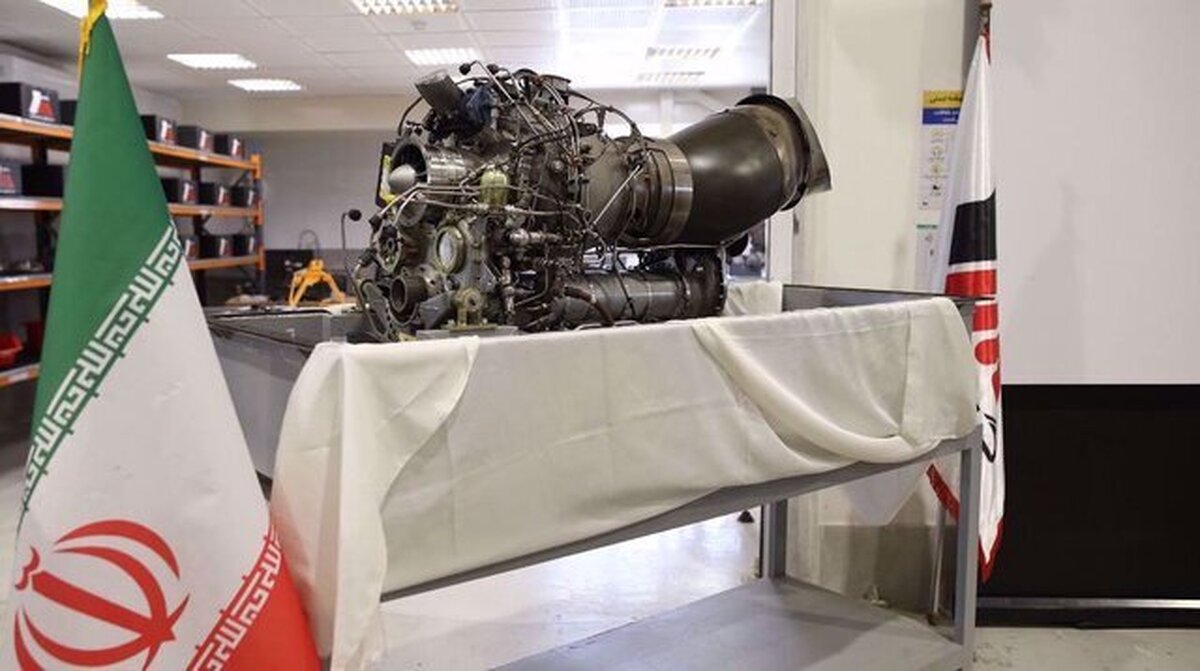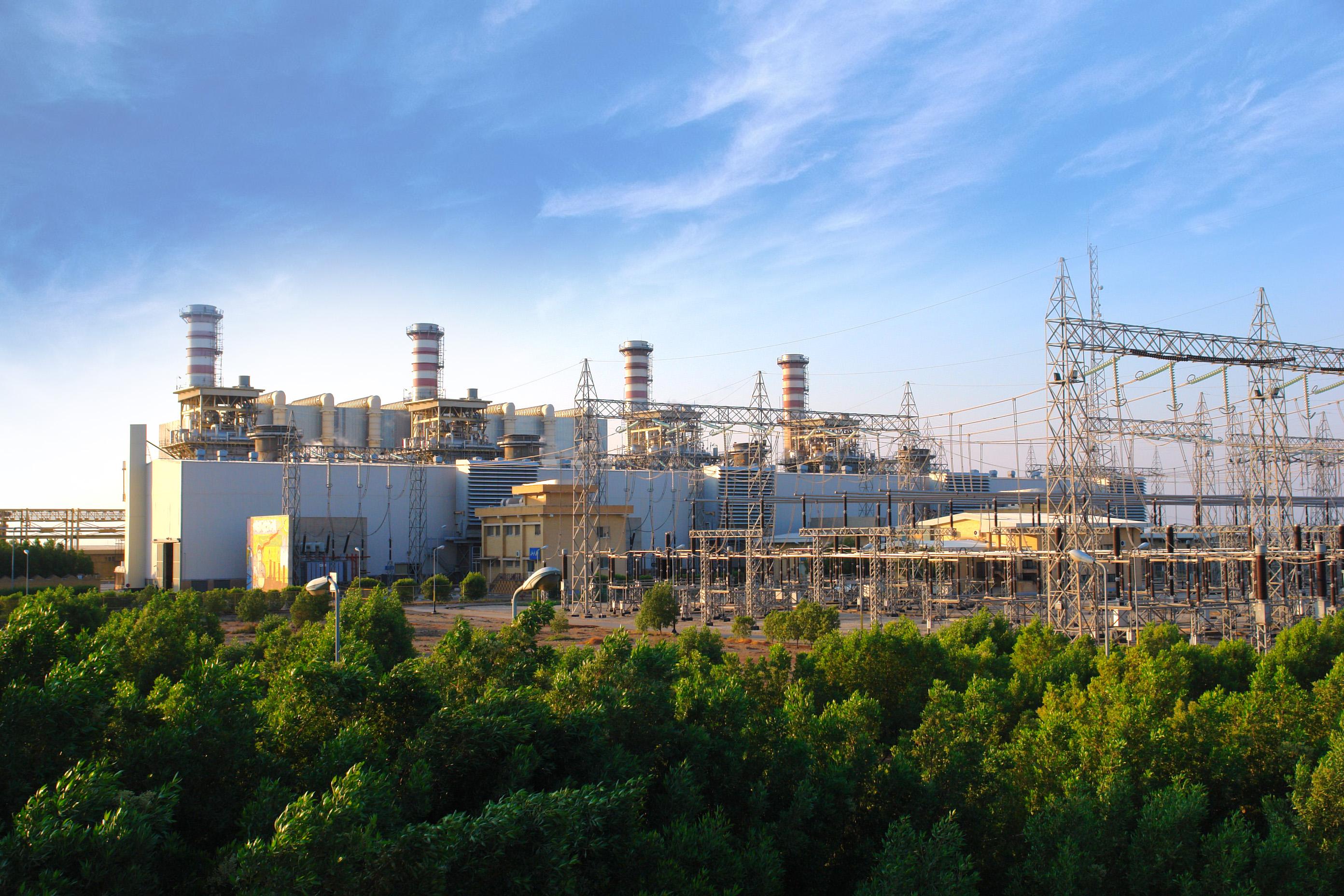
MAPNA Ready to Increase Installed Power Capacity

EghtesadOnline: Iran's top engineering and energy enterprise MAPNA Group is all set to add 5,000 megawatts of new electricity production capacity to the national grid until 2019.
In a news briefing, MAPNA CEO Abbas Aliabadi said if the government were to settle MAPNA's debts, the conglomerate is ready not only to increase the country's installed power capacity but also to improve power plants' efficiency from 35% to 50%, ILNA reported.
According to the official, the company has received financial assistance neither from banks nor the National Development Fund of Iran.
"MAPNA has sold Salaf contracts for electricity on Iran Energy Exchange to complete its ongoing ventures, including a combined-cycle power plant in Parand near Tehran, which went on stream last week," he said, noting that the initiative will generate a return on investment in at least two years, Financial Tribune reported.
Salaf is an Islamic contract similar to futures contracts used to forward sell an underlying commodity with a predetermined interest.
The official added that converting gas-fueled units to combined-cycle ones should top the Energy Ministry's priority list as the resulting high efficiency will help save a massive amount of natural gas as feedstock.
Combined-cycle units use both gas and steam turbines to produce up to 50% more electricity than a simple-cycle thermal plant whose efficiency stands at 35%. The waste heat from the gas turbine is routed to the nearby steam turbine, which generates extra power.
According to Aliabadi, there are 160 gas-powered stations, including Asaluyeh in Bushehr, Ferdowsi in in Khorasan Razavi, Chabahar in Sistan-Baluchestan and Roud-Shour in Markazi Province, which can be converted to combined-cycle ones.
"As soon as all these units change to combined-cycle plants, some 12,800 MW will be added to the national power network, the capacity of which currently stands at 80,000 MW," he said.
"It is a cruel paradox that the country, which ranks 14th in the world in terms of electricity output, should grapple with frequent outages in peak hours," he said.
Aliabadi further said domestic companies are equipped with the expertise to build modern power stations, yet the problem lies in the weak economy which cannot provide the private sector with economic incentives to play a more active role in such projects.
On MAPNA's plan to develop power stations in neighboring Arab states like Iraq, the official said Rumaila, a natural gas combined-cycle power plant with 12 gas and 6 steam turbines, is being implemented at a cost of $2.5 billion by MAPNA .
The project, which is one of the biggest in the region, aims to add 3,000 MW of electricity to Iraq’s national grid. The total work is planned to become complete in five years, with the first phase expected to come on stream in 19 months.
Aliabadi believes that because of access to abundant natural gas resources, generating power and exporting it to neighboring states should be high on the agenda as the country's gas pipeline network covers a wide area and converting natural gas to power is commercially viable.


